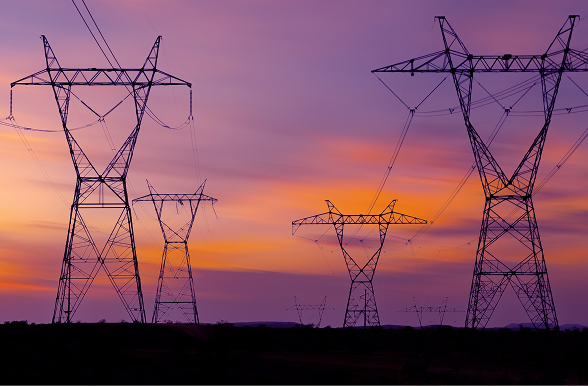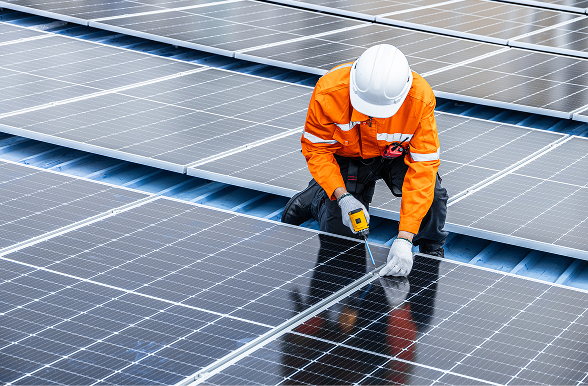Viewing carbon-neutrality through multiple lenses to build a balanced clean-energy future
At AzCaNE, we recognize that achieving a carbon-neutral economy requires balancing the diverse perspectives that shape policy and project decisions. These lenses represent critical viewpoints influencing how we evaluate pathways like low-carbon intensity H2 and their roles in carbon reduction. By thoughtfully considering each of these lenses, AzCaNE pursues an inclusive approach, aligning environmental responsibility with economic feasibility, energy security and social equity to achieve meaningful decarbonization across Arizona and beyond.

Environmental Lens
The environmental lens prioritizes reducing ecological impacts, protecting natural resources and minimizing emissions to combat climate change. This perspective emphasizes stringent policy regulations from the outset, ensuring that energy production contributes effectively to both short-term environmental benefits and long-term carbon-neutrality goals. Relaxing these standards risks compromising immediate environmental integrity and undermining broader climate objectives.

Economic Lens
The economic lens centers on cost-effectiveness, financial sustainability and responsible capital use to foster long-term economic growth. From this viewpoint, overly restrictive regulations and high compliance costs may hinder market development and industry innovation. Flexibility in regulatory frameworks helps ensure broad geographical investment, equitable economic opportunity, reduced operational complexities and sustained industry growth nationwide.

Security and Resiliency Lens
This lens highlights the need for a resilient, diverse and reliable energy system to strengthen national security and infrastructure stability. It emphasizes integrating multiple energy solutions, including long-duration energy storage, to maintain a consistent supply during fluctuations or disruptions. A balanced regulatory approach is critical to ensuring that energy transitions simultaneously enhance security, resilience, economic practicality and environmental goals.

Social Lens
The social lens prioritizes human welfare, equity and social justice, ensuring initiatives actively improve quality of life and are accessible across all communities. This perspective supports policies and projects that generate employment, promote energy justice, reduce energy poverty and foster local economic and community development. Inclusive and equitable approaches to energy transitions are foundational to achieving socially just decarbonization outcomes.